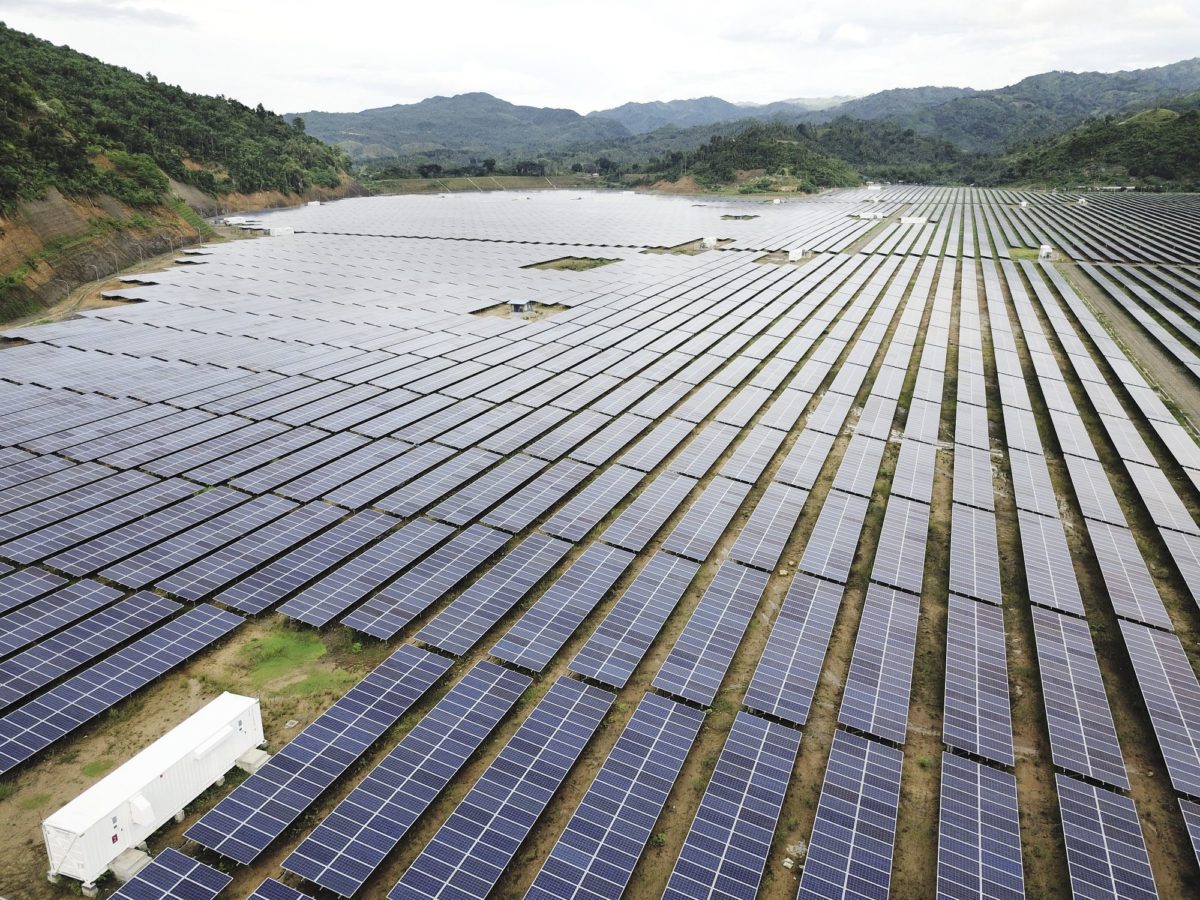Fitch Group company India Ratings and Research (Ind-Ra) has revised the outlook for solar projects to stable for the second half of the current financial year (FY2020-21), anticipating their revenues from power generation to be in line with the expectations.
Speaking to pv magazine, Divya Charen, senior analyst–infrastructure & project finance, India Ratings and Research, said: “India Ratings believes that credit profile of solar projects are on a strong footing, backed by stable operations and manageable counterparty risks. Counterparties such Solar Energy Corporation of India, NTPC, Gujarat Urja Vikas Nigam Limited and Bangalore Electricity Supply Company Limited have been paying regularly even during lockdown period.
“Direct exposure to weak counterparties in solar sector is lower than in wind sector and most of counterparty delays are already funded through internal liquidity or working capital facility. Low price of new power purchase agreements also make economic sense for distribution companies to favour solar.”
Significantly, despite a fall in electricity demand, solar projects remained mostly unaffected in the first quarter of the year, with project and grid availability remaining above 95% for most of the portfolio.
“Solar generation in 1QFY21 was slightly lower (3%-4%) than that of 1QFY20. Seasonal variations, to some extent, depending on the monsoon duration in a year, are not unusual for solar projects. Project and grid availability has been above 95% for most of the portfolio,” said India Ratings.
In a few projects, though, “Sporadic instances of grid issues because of overloading at the substations belonging to intrastate transmission systems and tracker underperformance have led to significant deviation in generation compared to estimates,” the agency added.
New solar at risk
India Ratings expects a delay in financial closure for under-construction projects as a multitude of factors, including proposed duties on solar panels and delay in signing of power supply agreements, are likely to impact their economic viability.
“Given the multitude of developments such as Covid-19 related lockdowns, change in duties for solar panels and consequent difficulties in importing panels, constraints in mobilizing labour for implementation, delays in signing of power purchase agreements after bidding, delays in tariff adoption and changes in module prices, the economics of a project could be under significant stress compared to the scenario that developers envisaged at the time of bidding. Risks for under-construction projects have increased because of these uncertainties and could delay financial closure,” it said.
This content is protected by copyright and may not be reused. If you want to cooperate with us and would like to reuse some of our content, please contact: editors@pv-magazine.com.









2 comments
By submitting this form you agree to pv magazine using your data for the purposes of publishing your comment.
Your personal data will only be disclosed or otherwise transmitted to third parties for the purposes of spam filtering or if this is necessary for technical maintenance of the website. Any other transfer to third parties will not take place unless this is justified on the basis of applicable data protection regulations or if pv magazine is legally obliged to do so.
You may revoke this consent at any time with effect for the future, in which case your personal data will be deleted immediately. Otherwise, your data will be deleted if pv magazine has processed your request or the purpose of data storage is fulfilled.
Further information on data privacy can be found in our Data Protection Policy.